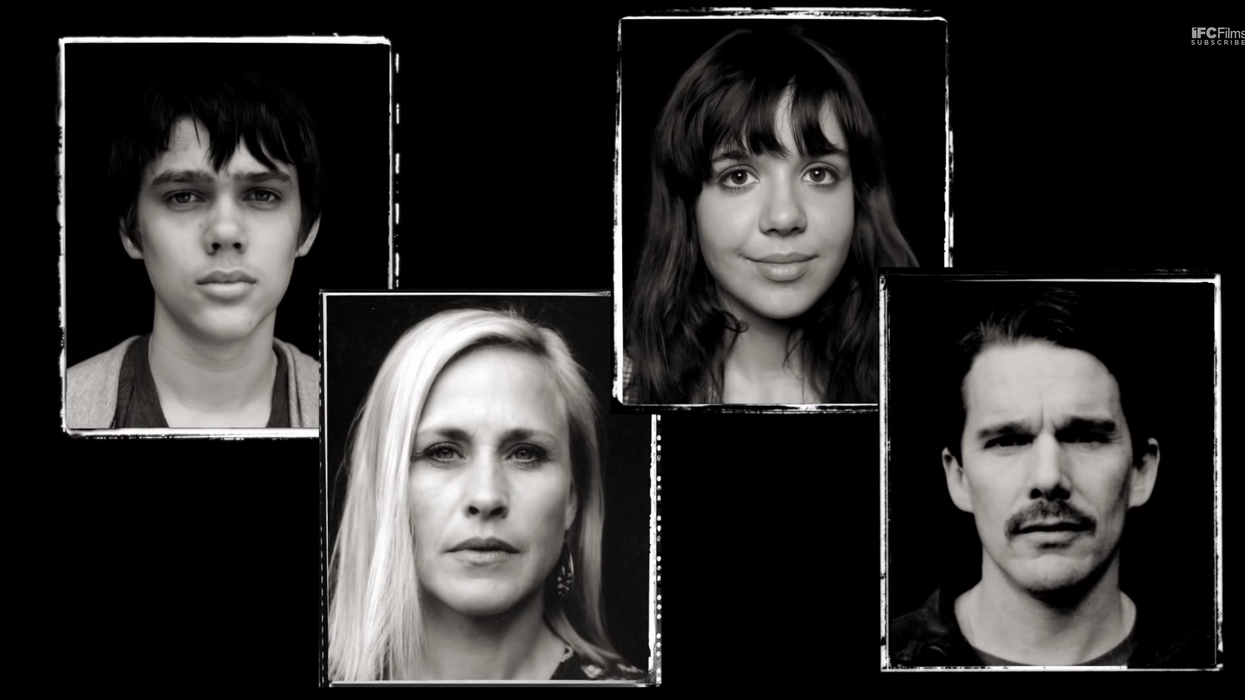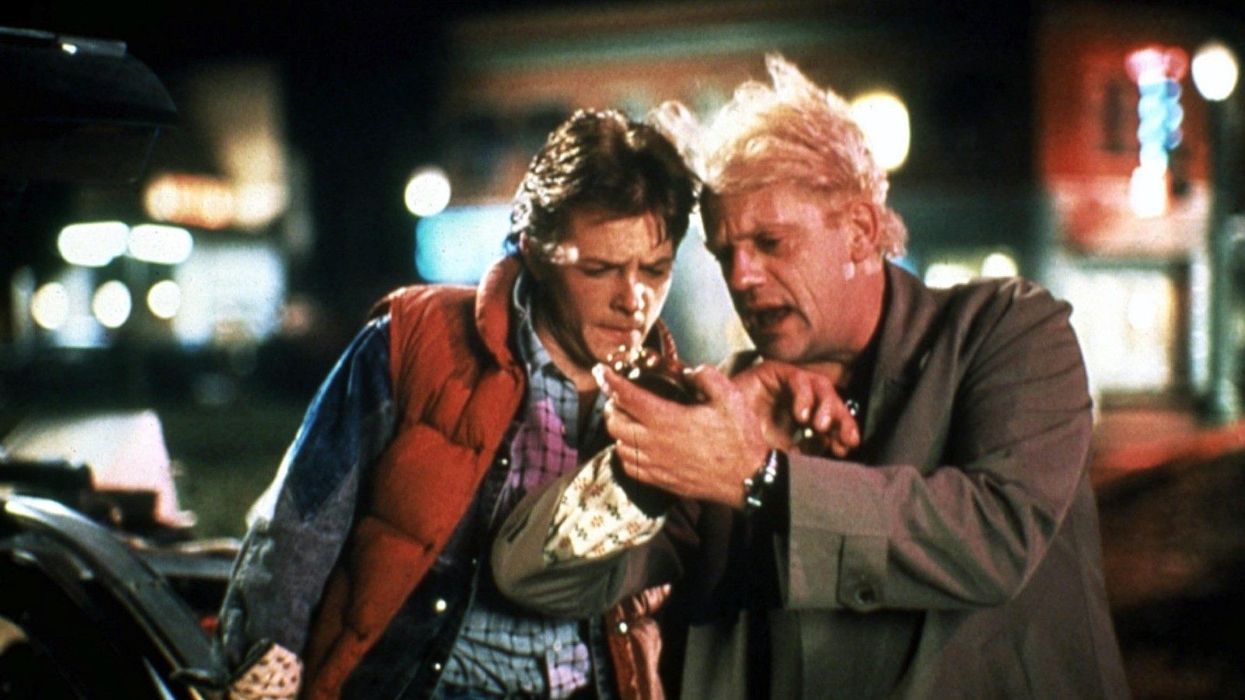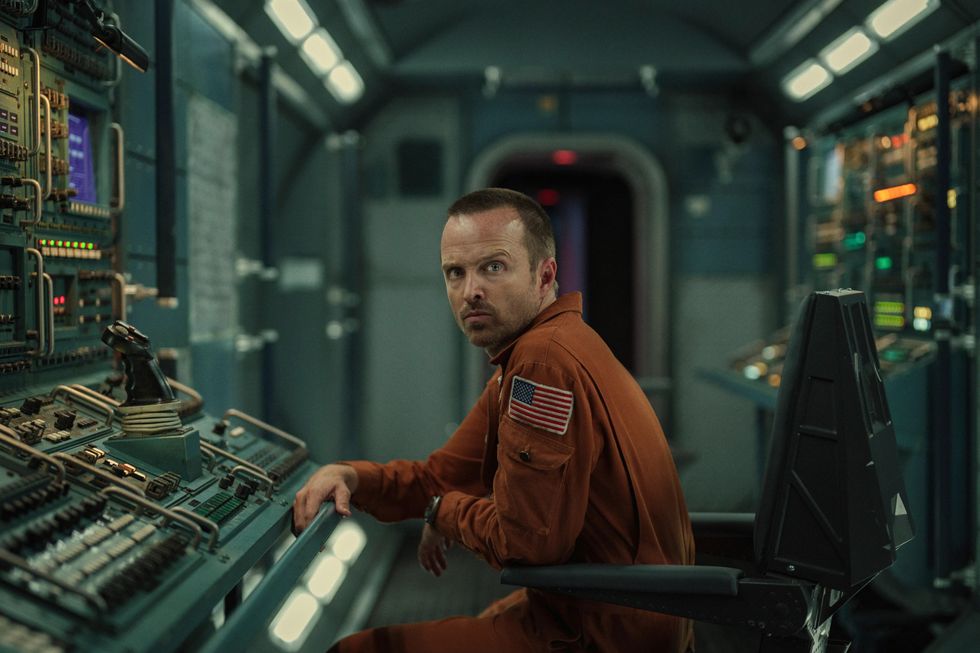Take a Ride Through the Making of 'Boyhood'
One of the biggest hits of 2014, Boyhood takes us through the growing pains of an American family in real time. See how director Richard Linklater approached the process in this IFC Films making-of.

For me, the most interesting thing that Boyhood achieves is putting emphasis on those in-between moments in life -- the moments that we often overlook as unimportant. For filmmakers, those moments can easily get lost on the cutting room floor. What Linklater does here is elevate those moments, achieving what many filmmakers will recognize as a major tenant of the Italian neorealist philosophy. Cesare Zavattini urged that at the heart of neorealism lies an "innate capacity for showing things -- as they happen day by day -- in what we might call their 'dailiness', their longest and truest duration." Well, this is exactly what Linklater has done with Boyhood, quite literally. As he states in this video:
It's just another moment in your life. What's dramatic, what's not dramatic? What's banal, what's poetry?
Linklater is asking a key question here, and something I often think about in regards to my own filmmaking. Another concept this brings to mind is that of Tarkovsky's notion of time in regards to film:
I think that what a person normally goes to the cinema for is time. Whether for time wasted, time lost, or time that is yet to be gained.
If this is true, then Linklater is truly someone who truly is a modern sculptor of time.
What you do you think? Let's talk about Boyhood below!
Source: IFC Films












